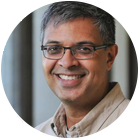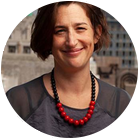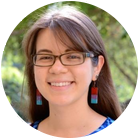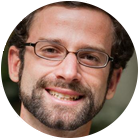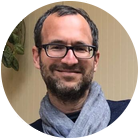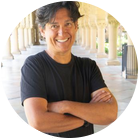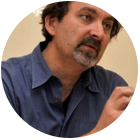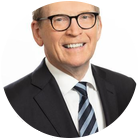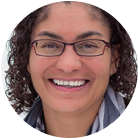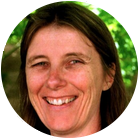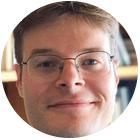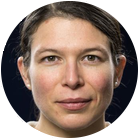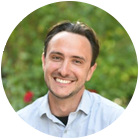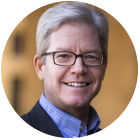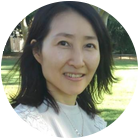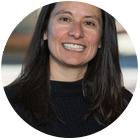Citizenship in the 21st Century
Who is (or ought to be) included in citizenship? Who gets to decide? What responsibilities come with citizenship? Is citizenship analogous to being a friend, a family member, a business partner?

What makes this course unique:
This seminar will address both the historical roots as well as the future of citizenship, especially as it comes under stress from populism, authoritarianism, climate change, and other challenges. Starting with Stanford’s fundamental standard, we ask how citizenship in a community needs to be constantly redefined and reinvigorated for each new era.
Course Description
Citizenship is not just what passport you hold or where you were born. Citizenship also means equal membership in a self-governing political community. We will explore some of the many debates about this ideal. How have people excluded from citizenship fought for, and sometimes won, inclusion? These debates have a long history, featuring in some of the earliest recorded philosophy and literature but also animating current political debates in the United States and elsewhere. This course satisfies the Ethical Reasoning or Social Inquiry Way (ER or SI).
Inside the Citizenship Seminar
Special Events:
Plenary session: roundtable on democracy with journalists and politicians from beyond Stanford.
Three Books Series: System Error: Where Big Tech Went Wrong And How We Can Reboot, written by Stanford professors Rob Reich, Mehran Sahami, and Jeremy Weinstein.
In Citizenship in the 21st Century, you will read texts including:
- Tracy K. Smith’s erasure poem “Declaration”
- Plato’s Apology and Crito
- Ken Liu's short story “Mono No Aware”
Details
COLLEGE 102: Citizenship in the 21st Century is 3 units and meets 2x/week for 80 minutes. It satisfies Way-ER or Way-SI. See ExploreCourses for detailed schedule offerings (to be updated in mid-August).
Who's Teaching You?
In addition to all of our COLLEGE Teaching Fellows, faculty and affiliates from around the university will offer a Citizenship in the 21st Century seminar.
People
- Professor of Health Policy, Senior Fellow at the Stanford Institute for Economic Policy Research, Professor, by courtesy, of Economics and Senior Fellow, by courtesy, at the Freeman Spogli Institute and the Hoover Institution
- Associate Professor of History and, by courtesy, of Religious Studies and of African and African American Studies
- Assistant Professor of Political Science
- Lecturer
- William H. Bonsall Professor of French and Professor, by courtesy, of History and of Political Science
- Assistant Professor of Civil and Environmental Engineering and Center Fellow at the Woods Institute for the Environment
- Professor of Philosophy and, by courtesy, of Computer Science
- Professor of Anthropology
- Sara Hart Kimball Professor of the Humanities
- Lecturer
- Edith M. Cornell Business Professor and Professor, by courtesy, of Political Science
- The Carl and Elizabeth Naumann Dean of the School of Medicine, Vice President for Medical Affairs, Stanford University, Professor of Otolaryngology –– Head and Neck Surgery and Professor of Neurobiology and of Bioengineering, by courtesy
- Senior Associate Director, COLLEGE and Sophomore College
- Ann O'Day Maples Professor of the Arts and Professor of English
- Associate Professor of History
- Senior Lecturer in English
- Assistant Professor of Philosophy and, by courtesy, of Law
- Associate Professor of Geophysics, of Electrical Engineering and Senior Fellow at the Woods Institute for the Environment
- Associate Professor of Religious Studies and, by courtesy, German Studies
- Lecturer
- Associate Dean for Integrative Initiatives in DEI, Associate Professor of Environmental Earth System Science and, by courtesy, of Biology and of Earth and Planetary Sciences
